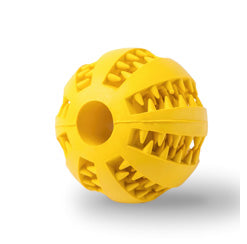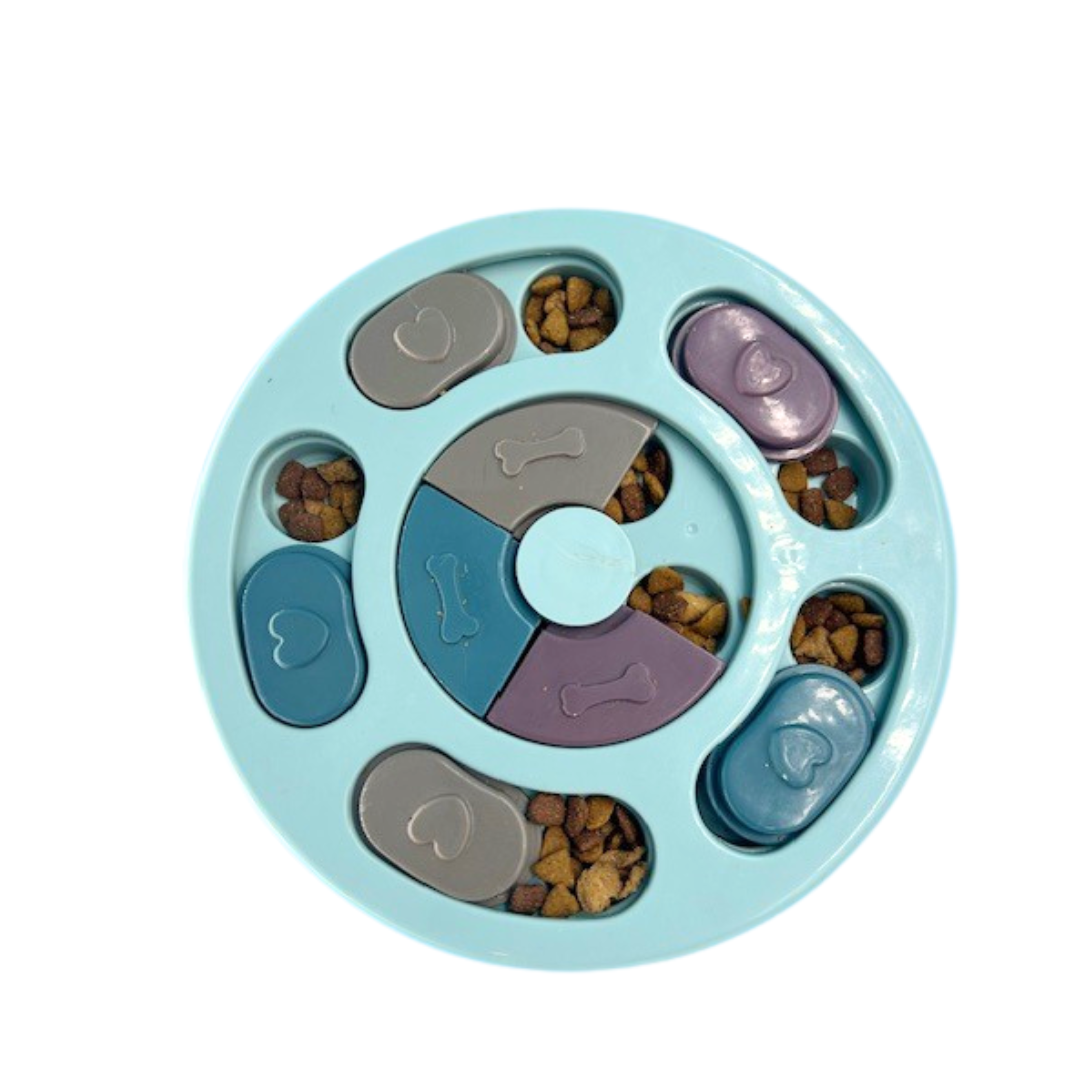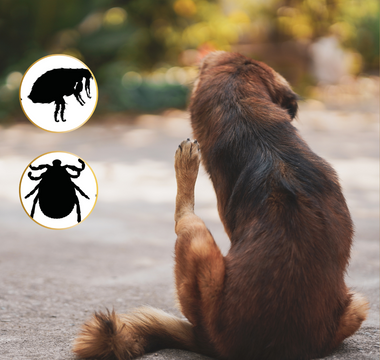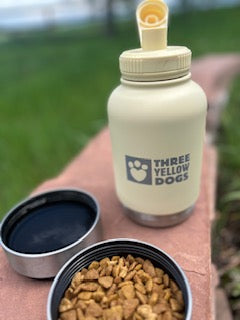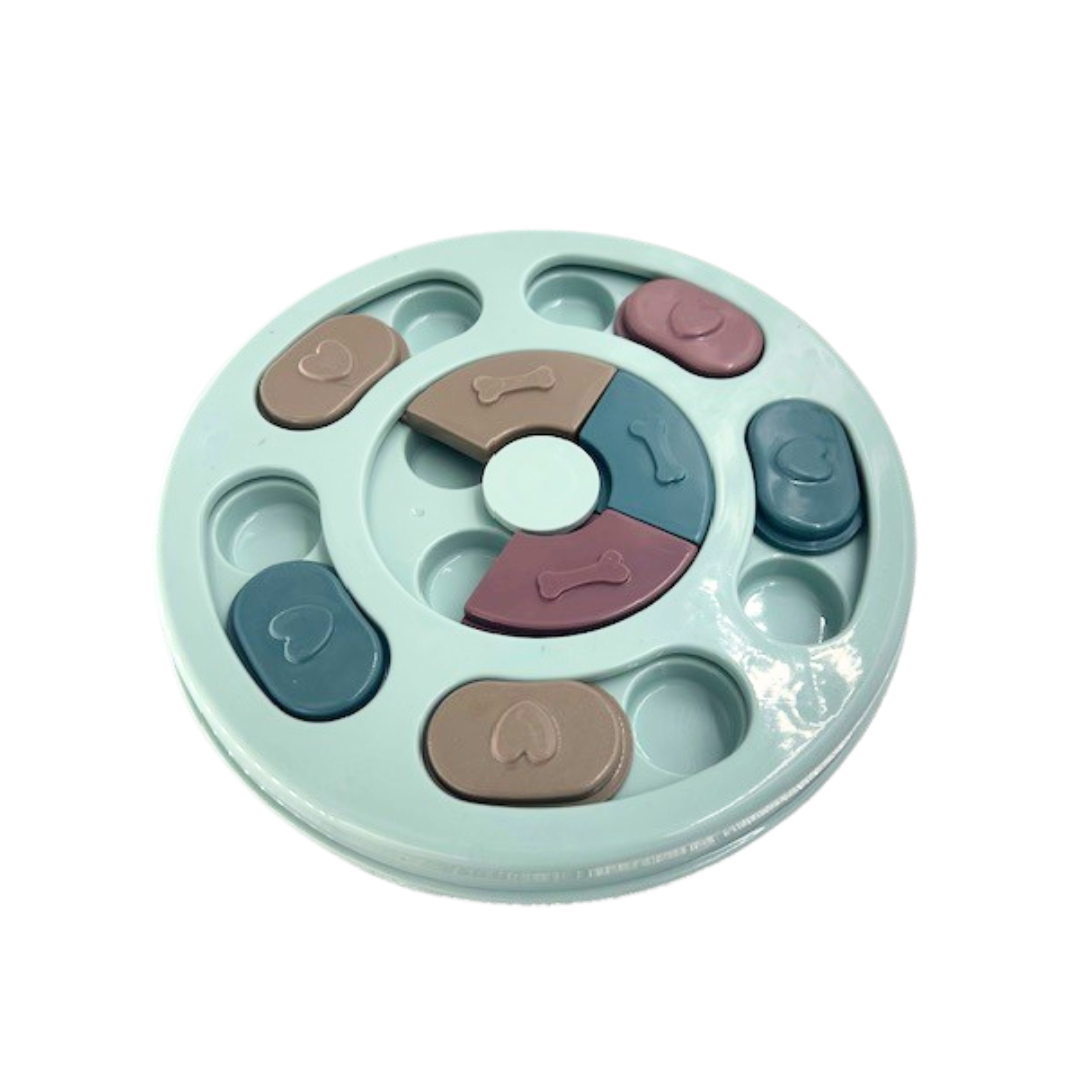Several years ago, our beloved dog Winston became critically ill. He had gotten into the trash and eaten something harmful, which caused severe damage to his digestive system. The result was devastating—he developed painful anal fistulas and was deteriorating rapidly.
We took him to multiple specialists. We tried treatment after treatment. We had X-rays taken. We spent countless hours and dollars trying to find a solution. He was only six years old, and we were determined to give him a chance. Because Winston wasn’t just a pet—he was family.
The emotional toll was heavy, but we refused to give up. Finally, we brought him to another specialist. By then, Winston had lost half his body weight and was barely hanging on. The vet told us, kindly but firmly, that Winston would likely suffer for the rest of his life. If it were his dog, he said, he would let him go.
I was heartbroken. I called my dad and told him to come say goodbye.
That same day, I boiled some eggs and brought them to the animal hospital. I sat next to Winston, held his paw, and told him, “If you want to keep fighting, we’ll fight with you. But if you’re tired, we’ll understand and let you go.” I placed the eggs in front of him and said, “Eat the eggs if you want to fight.”
And he did. He ate the eggs.
That moment changed everything. Slowly, Winston began to regain his strength. Within a few days, he was back home. I truly believe those eggs gave him just enough energy to keep going. Though he still had some minor digestive issues, Winston went on to live another seven wonderful years—healthy, happy, and back to his full weight.
So yes—let your dog eat eggs. You never know what a little nutrition, love, and hope can do.
Throughout this article, we’ll break down the benefits of eggs for dogs, potential risks, how to serve them, and when to contact your veterinarian.
🥚 The Benefits of Feeding Eggs to Dogs
Eggs aren’t just a feel-good story—they’re a powerhouse of nutrition for dogs when served safely and in moderation. Here's why:
✅ 1. Complete Source of Protein
Eggs contain all nine essential amino acids that dogs need for muscle development, healing, and energy.
✅ 2. Nutrient-Dense
Eggs are loaded with:
-
Vitamin A – Supports vision and immune health
-
Vitamin B12 – Essential for nervous system function
-
Riboflavin (B2) – Helps convert food into energy
-
Iron & Selenium – Support red blood cells and antioxidant defense
-
Omega Fatty Acids – Promote healthy skin and a shiny coat
✅ 3. Gentle on Sensitive Stomachs
Cooked eggs are easy to digest and a good option for dogs with sensitive stomachs or food allergies (unless they are allergic to eggs themselves).
✅ 4. Inexpensive, Natural Superfood
Unlike many processed treats, eggs are affordable and likely already in your kitchen.
⚠️ Risks of Feeding Eggs to Dogs
While eggs are healthy, there are a few things to watch for:
❌ 1. Raw Egg Risks
Raw eggs can carry salmonella, which may affect both dogs and humans. Cooking eliminates this risk.
❌ 2. Biotin Deficiency
Raw egg whites contain avidin, which can block biotin absorption over time. Cooking neutralizes avidin and makes eggs safe.
❌ 3. Egg Allergies
Some dogs are allergic to the proteins in egg whites. Signs include itching, vomiting, or ear infections.
❌ 4. High Fat Content
Eggs are high in fat—about 5g per large egg. Dogs with pancreatitis, obesity, or fat sensitivity should only eat them occasionally.
🍳 How to Feed Eggs to Your Dog Safely
-
Best option: Cooked eggs—scrambled, hard-boiled, or poached (no salt, butter, or oil)
-
Serving size: 1–2 eggs per week for a medium-sized dog (adjust by size)
-
Raw eggs: Only feed if fresh and approved by your vet
-
Eggshells: Can be ground into a powder and used as a calcium supplement
-
Avoid: Seasonings, oils, or additives
🩺 When to Talk to Your Vet
Talk to your veterinarian before feeding your dog eggs if:
-
They have existing health conditions (like pancreatitis or kidney disease)
-
You’re considering raw feeding
-
You notice signs of an allergic reaction
Eggs can be a safe, healthy, and natural addition to your dog’s diet—just like they were for Winston. When cooked and served properly, they offer valuable nutrients and can even help dogs regain strength during illness or recovery.
Start small, pay attention to your dog’s response, and always consult your vet if you’re unsure. Because when it comes to your dog’s health, a little care goes a long way.






